Rubik Garage, 6 months of pre-accelerating
About 6 months ago we launched the first batch of our pre-accelerator program – Rubik Garage and now we already came to the point when we do the recap, centralize the results and gather our thoughts to draw the conclusions designed to help us prepare for the new edition of Rubik Garage.
Time passes so fast. It’s crazy!
It was a test, a challenge but also a joy for us – Rubik HUB team to roll up our sleeves and work side by side with a great number of startups in the same time to develop sustainable and scalable businesses.
We certainly didn’t do everything perfect, but we know for sure that we got involved with all the passion and energy so that none of the founders feel alone and everyone finds the help to overcome their blockages.
Now, we would like to share with you some experiences and learnings that we encountered during the first edition, that for sure will help us in our future programs, but we know for sure that can also be helpful for all the startup community.
The teams we selected were all at very different stages with their customer validation. Some were just beginning the process, whilst others were already in the market with paying customers. It quickly became apparent that applying a rigid curriculum during our program wasn’t going to be the best way to help everyone progress. Instead, it’s about choosing mentors and program leaders with a deep knowledge of customer dev tools and having the flexibility to shape what’s being taught to suit our cohort’s specific needs.
Some of the biggest challenges of the program was finding the balance between pushing teams to be self-motivated/explore new ideas and delivering high-value educational content. But this was not all. So, our 2 cents regarding the interaction with the startups during the program are:
- many founders waste a lot of time in the early days due to lack of some basics
- in a pre-accelerator you need more of a balance between group feedback and small group feedback. Namely, more one-on-one sessions would have been valuable.
- The majority of teams needed more focus on validation processes.
- People are afraid to talk to other people, thus the validation process sometimes can include uncomfortable discussions/actions or at least out of the comfort zone
- For all startups it must be very clear from the beginning that no one will do the job for them; our program brought all the resources and skills on the table, but teams need to know what are their needs and how to take advantage of all the resources to make progress.
- online webinars are not so engaging or attractive; face to face workshops are to be preferred
- the majority of the teams are in love with their products – cannot let it go to die!
- social or friends’ opinion matters, but the decision must belong to the founder
- not all advice given to a startup is good or fit – it is the team responsibility to filter and make the right decisions
To have a clearer image of what Rubik Garage meant, here are some relevant numbers and results:
Teams registered in the program: 36
Selected teams: 22
Mentors involved in Advisory Boards: more than 20
Specialists and skillshare mentors: more than 50
Over 150 hours of mentoring
Over 10 webinars and workshops
Teams that participated at Startup Challenges Hackathon organized at the middle of the program: 11
Teams that have been selected for Startup Spinner Makeathon: Hire-up, Point, IdCloud, Proova
3 startups have pivoted at least once
1 startup participated at How to Web Spotlight – Hire Up
Prize: access to Disrupt Berlin 2019 for 1 startup team
Offered scholarships: for 5 teams
Teams that graduated: a little less than 50%
Bellow you can find some of the reasons that more than half of the Rubik Garage startups “died”:
– they took too long time to build something or nothing was built – no MVP
– during the validation process they didn’t find problem/solution fit
– some of the teams lost focus participating in too many competitions & events for startups
– no team alignment
– they don’t know or don’t understand the importance of prioritization
– not enough commitment and focus
– they don’t believe in the mission, doing things only for fame
– some signed up for the education part only
Namely, Rubik Garage was an opportunity to go big or go home – to make the teams become a real startup and ready to be accelerated and invested, or realize that it won’t work and save time for the next startup idea.
When asked what were the three most important benefits received from the Rubik Garage pre-accelerator experience, the most common answers from the startup teams were:
“We were regularly challenged on what we were doing and why we were doing it”,
“Defining the business more via mentorship”, and
“Trustworthy, insightful advice from real experienced entrepreneurs and business people”.
We had the chance during the program to work with all kind of startups from all kind of verticals: Fintech; HRtech; Education Platform; Marketplaces; Community Platforms; TechLaw; Transportation marketplace; Medical&Health;
In conclusion, we are grateful for having the chance to work with all the startups, to offer the guidance, encouragement and connections they needed. It felt that we were like an extended team.
